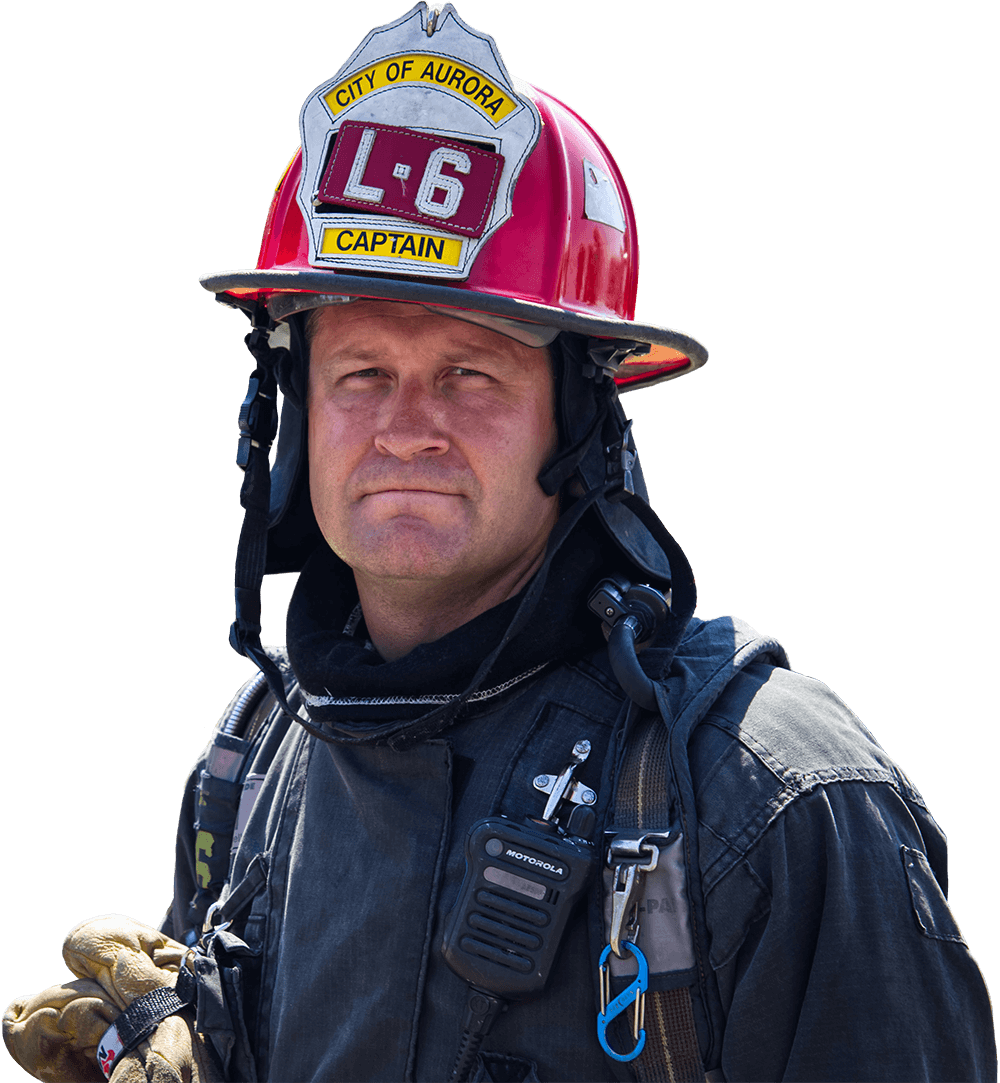Self-contained breathing apparatus, or SCBA, provides respiratory protection so firefighters can operate safely in all kinds of hazardous environments. In this module, you will learn about SCBA for fireground operations, and how to operate, troubleshoot, and care for it. Content in this module is aligned with the NFPA 1001 Standards for Fire Fighter Professional Qualifications, Fire Fighter I: 4.3.1, 4.3.5, 4.3.10, 4.3.11, and 4.5.1, “Fireground Operations;” and Fire Fighter II: 5.5.4, “Fire and Life Safety Initiatives, Preparedness, and Maintenance.” It also is compliant with components of NFPA 1500 Standard on Fire Department Occupational Safety and Health and NFPA 1981 Standard on Open-Circuit Self-Contained Breathing Apparatus for Emergency Services.
Course Type: Full-length Course
Course Duration: 60 min
Firefighters need to be prepared to assist and support many types of rescue operations. It is important to have the skills, knowledge, and abilities to support secondary rescue units. In this module, you will review the ways which firefighters provide support to rescue operations, distinguish between the different forms of response and how they change based on environmental and structural factors, and describe proper rescue procedures. Content in this module is aligned with the NFPA 1001, Standards for Fire Fighter Professional Qualifications, Fire Fighter II: 5.1.1, “General Knowledge Requirements;” and 5.4.2, “Rescue Operations.”
Course Type: Full-length Course
Course Duration: 60 min
You are one in a long line of firefighters who have put their lives at risk for others. But how much do you know about the mission, history, and traditions of fire service? In this module, you'll investigate the core values of fire service and how they're put into action, key historic figures and events, and traditions you might encounter locally or regionally. Content in this module is aligned with the NFPA 1001 Standards for Fire Fighter Professional Qualifications, Fire Fighter I: 4.1.1, “General Knowledge Requirements.”
Course Type: Full-length Course
Course Duration: 60 min
Firefighters do much more than fight fires. Because of that, it’s important that they understand all the components of the modern fire service. In this module, you’ll examine how fire departments are organized and the types of services they perform. You’ll also become familiar with the sister agencies it partners with and the policies, regulations, and standards that govern fire department operations. Content in this module is aligned with the NFPA 1001 Standards for Fire Fighter Professional Qualifications, Fire Fighter I: 4.1.1., “General Knowledge Requirements.”
Course Type: Full-length Course
Course Duration: 60 min
Corbett uses his far-reaching expertise on building codes, fire behavior, and other aspects of construction to examine the dangers fire departments face when responding to modern structures made of lightweight building materials.
Course Type: Full-length Course
Course Duration: 60 min
Motor vehicle crashes (MVCs) are the second most common incidents that the fire service will respond to. Motor vehicles have been designed to keep the passengers as safe as possible, but sometimes this can impede rescue or injure fire service personnel. Every MVC is different. However, the fire service must be prepared for rapid management of the scene, hazard reduction, and rescue of the patient. This module will review vehicle management, patient extraction, rescue tools, and select the appropriate actions to take during a motor vehicle crash rescue. Content in this module is aligned with the NFPA 1001, Standards for Fire Fighter Professional Qualifications, Fire Fighter II: 5.1.1, “General Knowledge Requirements.”
Course Type: Full-length Course
Course Duration: 60 min
Vehicle fires can occur for many reasons when the vehicle is being driven, when it is parked and turned off, or as a result of an accident that compromises one of the vehicle’s systems. This module will cover basic vehicle fire extinguishment procedures, potential hazards of fighting vehicle fires, and proper fire operations based on vehicle type and situation. Content in this module is aligned with the NFPA 1001 Standards for Fire Fighter Professional Qualifications, Fire Fighter 1: 4.3.7, “Fireground Operations.”
Course Type: Full-length Course
Course Duration: 60 min
Safe, timely, and effective ventilation is integral to control and extinguish structure fires. In this module, you will learn the types of ventilation, ventilation principles and procedures, and ventilation operations for various types of roofs. Content in this module is aligned with the NFPA 1001, Standards for Fire Fighter Professional Qualifications, Fire Fighter I: 4.3.11, 4.3.12, and 4.3.20.
Course Type: Full-length Course
Course Duration: 60 min
Safe, timely, and effective ventilation is integral to control and extinguish structure fires. In this module, you will learn the types of ventilation, ventilation principles and procedures, and ventilation operations for various types of structures and fires. Content in this module is aligned with the NFPA 1001, Standards for Fire Fighter Professional Qualifications, Fire Fighter I: 4.3.11, 4.3.12, and 4.3.20.
Course Type: Full-length Course
Course Duration: 60 min
Water supply is a crucial component of the fire service. Firefighters need to know about different water supplies, how water is treated and stored, as well as how water can be distributed. Firefighters also need to know about the hose, specifically how to test, maintain, and store them. Content in this module is aligned with the NFPA 1001, Standards for Fire Fighter Professional Qualifications, Fire Fighter I: 4.3.10 and 4.3.15, “Fireground Operations;” 4.5.2, “Preparedness and Maintenance;” and Fire Fighter II: 5.5.5, “Fire and Life Safety Initiatives, Preparedness, and Maintenance.”
Course Type: Full-length Course
Course Duration: 60 min

